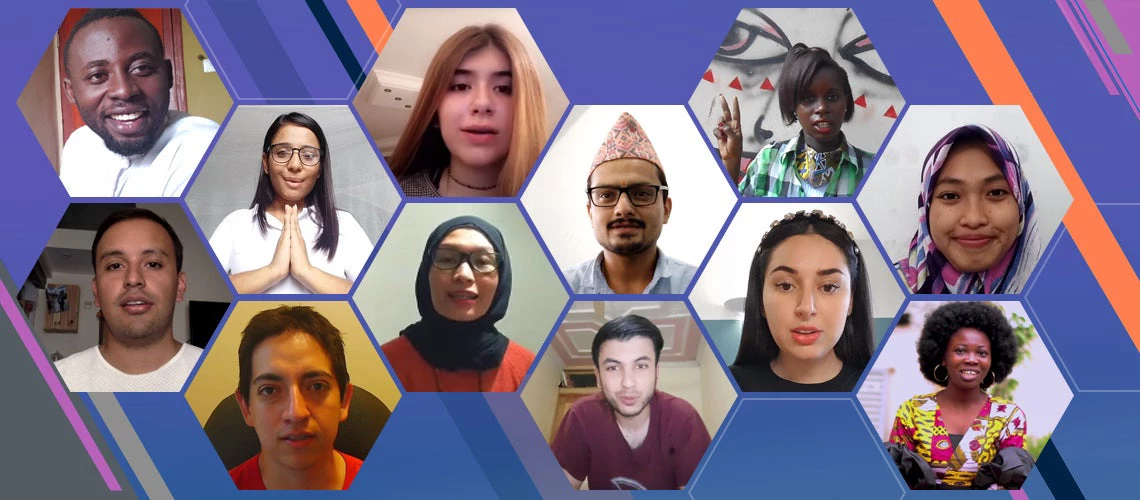 Credit: World Bank
Credit: World Bank
Coronavirus has brought so much uncertainty – to the economy, to jobs and to our lives as a whole. Even before COVID-19 we were facing a massive challenge to provide work for young people entering the labor market. And without effective policies in place when students return to schools, this generation of learners could lose an estimated $10 trillion in earnings over their lifetime.
With an understanding that COVID-19 will leave lasting scars on multiple fronts, especially on the younger generations, where can we find hope? That’s what we’re asking young people around the world.
During this pandemic, the remarkable creativity and innovation of youth-led initiatives in sectors like health, jobs, and food security are stories worth telling. These efforts prove that young people are critical in driving forward ideas and actions on global issues - and their voices deserve our attention.
To provide a platform for youth, we launched the online campaign #YouthOnCOVID19. In a short video, young people aged 18-35 share what their lives look like in these challenging times. Within a month, we received over 100 videos from around the world. Many expressed their concerns about interruptions to education, increased barriers to employment, and the rising cases of domestic violence and mental health problems in their communities.
In all the submissions, a powerful theme resonates – resilience. These young women and men reveal their ability to adapt, as well as communicate, what their countries need for an inclusive and resilient recovery from COVID-19. Watch some of these remarkable youth as they discuss good governance and civic engagement, financing programs to support businesses, investing in sustainable health systems, and building digital infrastructures for education and jobs.
View: #YouthOnCOVID19 VIDEO PLAYLIST (18 Videos)
After hearing these diverse voices, we hope you too will be inspired - and more important, be reminded of the crucial support young people need to succeed. We are grateful to all of those who participated in this campaign. Thank you for being ambassadors for your communities. As a final note, here’s a message from Soham Das from India - “For some, this pandemic is a rainbow and for others, a dark cloud. All of us know that both don't stay for long.”


Join the Conversation